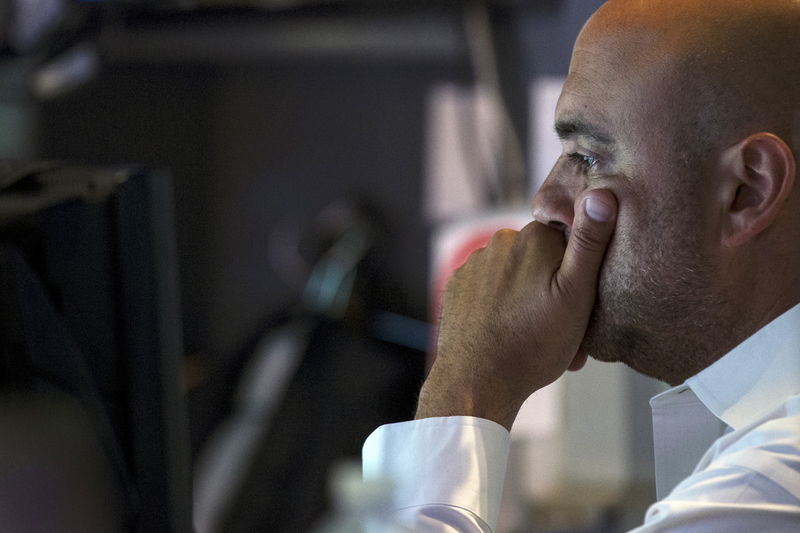Yesterday Microsoft-backed artificial intelligence company OpenAI announced a significant partnership with Condé Nast, one of the world’s leading media companies.
This collaboration will allow OpenAI’s products, including ChatGPT and the experimental SearchGPT, to display content from Condé Nast's prestigious portfolio of publications.
Vogue, New Yorker, Vanity Fair content
The stable of participating outlets includes renowned titles such as Vogue, The New Yorker, GQ, Vanity Fair and Wired.
The partnership is just the latest in a raft of collaborations between media companies and AI startups to distribute and monetise their content in new ways.
OpenAI's announcement said the integration with Condé Nast’s content would enhance the functionality of its AI models, making information retrieval faster and more intuitive for users.
“We’re combining our conversational models with information from the web to give you fast and timely answers with clear and relevant sources,” OpenAI said in a blog post.
In June, OpenAI and Time magazine entered a multi-year content deal that provides OpenAI access to current and archived articles from more than 100 years of Time’s history.
The content is used within ChatGPT and bolsters the AI’s models. Similarly, in May, OpenAI secured a partnership with News Corp (NASDAQ:NWSA), which gave it access to the extensive archives of The Wall Street Journal, MarketWatch, Barron's and the New York Post.
These collaborations are part of OpenAI’s broader strategy to incorporate diverse and authoritative content into its AI models.
Legal challenges
But not all media companies are embracing AI integrations without resistance. The rise of AI-generated content has sparked legal challenges from various news outlets, concerned about copyright infringement and the unauthorised use of their material.
In June, the Center for Investigative Reporting filed a federal lawsuit against OpenAI and Microsoft (NASDAQ:MSFT), alleging copyright violations. This lawsuit followed similar legal actions from prominent publications, including The New York Times and the Chicago Tribune.
The New York Times has, in particular, been vocal in its legal battle against OpenAI, accusing the company of unlawfully using its content to train AI models without permission.
The newspaper has emphasised the need to protect the value of its journalistic work and is seeking significant damages.
